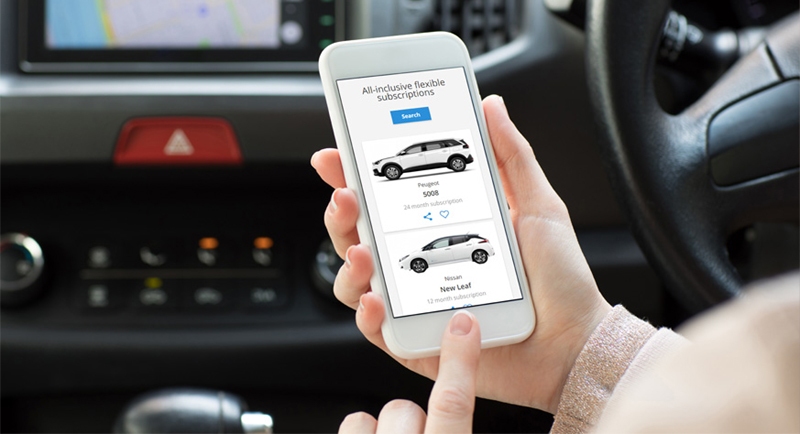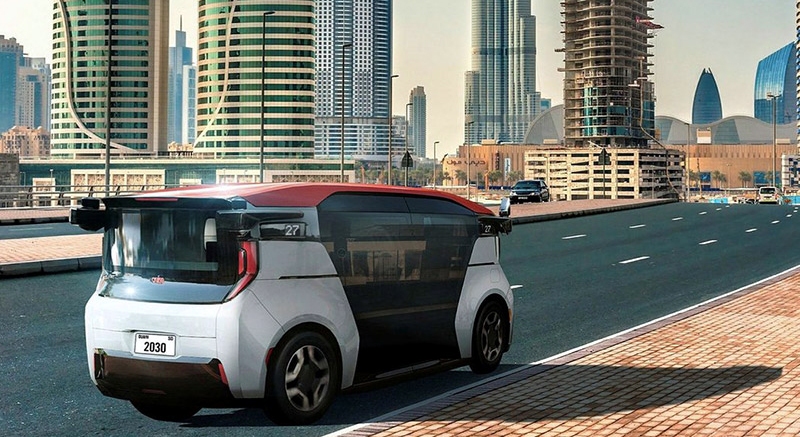Why the Sellers are Starting to Remove Car History
With the impact of car riding services on transport, is buying cars a thing of the past? The automotive industry is home to a lot of changes and shifts. In just a few years, automakers have entirely transformed the kind of vehicles they produce. Aiming for reduced carbon emissions, an entirely gasoline-powered engine is becoming less common.
Apart from this, cities are expanding, and public transport is being utilized more by the day. In more modern crowded towns, it is much more complicated to own a vehicle than it is to use the bus.
On the topic of buying, why would you even buy a car? New cars are extremely expensive, and old ones have many issues. For example, the previous owner might remove car history to make it more appealing.
So should you even buy a car?
Also Read:
The Rise of Car Subscription Services
The first thing that comes to mind when considering buying a car is the alternative. The first thing that comes to mind is car subscription services. While they are not that common around the world, they are starting to grow in popularity and become more available.
What is a car subscription service?
Car subscription services allow individuals to pay a monthly fee to access a fleet of vehicles without the long-term commitment that comes with owning the vehicles.
Once customers are subscribers, they have the option to select which vehicle they need based on what they need it for. They are an excellent alternative for those that want to remain flexible but still have a vehicle.
Benefits of Car Subscription
There are numerous benefits to “subscribing” rather than owning a car.
- You get access to a fleet of vehicles
- It can be a big convenience
- A great first step to ownership
Also Read: 10 Most Popular Adventure Sports In Dubai
The Emergence of Car Sharing and Ride-Hailing
Car-sharing platforms and ride-hailing services have transformed transportation by providing convenient and flexible alternatives to traditional automobile ownership.
Introduction to Car Sharing and Ride Hailing
Car-sharing services such as Zipcar, Getaround, and Car2Go have grown popular by providing easy vehicle access on demand.
Users can rent cars for shorter or longer periods of time, depending on what they need, removing the need to own and maintain a personal vehicle.
Ride-hailing companies such as Uber and Lyft have completely changed the transportation industry. These platforms connect riders with local automobiles, making it simple and convenient to get from one location to another.
The Benefits of Car Sharing and Ride-Hailing
When compared to owning a personal vehicle, car-sharing and ride-hailing services can offer significant cost savings. Users only have to pay for the amount of time they need a car or the distance that they have to go. This avoids gas costs, insurance, parking fees, and the cost for maintenance which are most often the issue.
Ride-hailing and car-sharing are interesting solutions to the challenge of parking spaces. As fewer people drive, there is lower demand for parking spaces decreases, This frees up the space allowing it to be used for better real estate.
By encouraging shared trips and reducing the number of vehicles on the road, car-sharing and ride-hailing services, also reduce the amount of traffic. Traffic can be a big time waster, and problem in major cities, so this does a lot to help.
Also Read: Rental Cars: 8 Tips to Help You Find a Car and Save Money
The Impact of Self-Driving Cars
The adoption of self-driving vehicles is the most exciting and new way of thinking about car ownership in the future.
Autonomous vehicle technology is rapidly growing and has the potential to radically alter the landscape of car ownership and transportation.
Fleets of Autonomous Vehicles and On-Demand Transportation
Autonomous vehicle fleets have the potential to revolutionize transportation by providing on-demand mobility services. Instead of owning a car, individuals can rent one from a fleet of self-driving vehicles, providing convenience and flexibility.
By utilizing intelligent routing algorithms and collaborating with other vehicles, autonomous vehicle fleets can enhance traffic flow and ease congestion.
This can lead to higher efficiency and reduced travel times. Furthermore, by reducing the number of privately owned autos, parking space demand can be significantly reduced.
The Advantages and Difficulties of Adopting Autonomous Vehicles
Autonomous vehicles have the potential to reduce accidents and improve road safety. They react faster and safer than human drivers due to their superior sensors and AI.
Autonomous vehicles are also better for the environment, as they cut fuel consumption and emissions by optimizing routes and traffic flow. Electric autonomous vehicles can also reduce transportation’s environmental impact.
However, a more widespread adaptation raises necessary regulations and ethical considerations. Clear autonomous vehicles, data privacy, and liability policies must be clearly defined. Programming cars to make life-or-death decisions is one of the most complex ethical considerations.
Also Checkout:
Conclusion: The Future of Car Buying
With all that we have mentioned so far, where does buying vehicles in the future stand?
While vehicle-sharing, subscription services, and ride-sharing are emerging in the transportation industry, it is essential to note that the vehicle manufacturing industry has been around for a long time.
Even before ride-sharing apps like Uber, or Lyft, people used taxis and still bought cars.
Our opinion is that even though there have been a lot of new inventions and many new services have made their way into the industry, buying both new and used cars is here to stick around.







